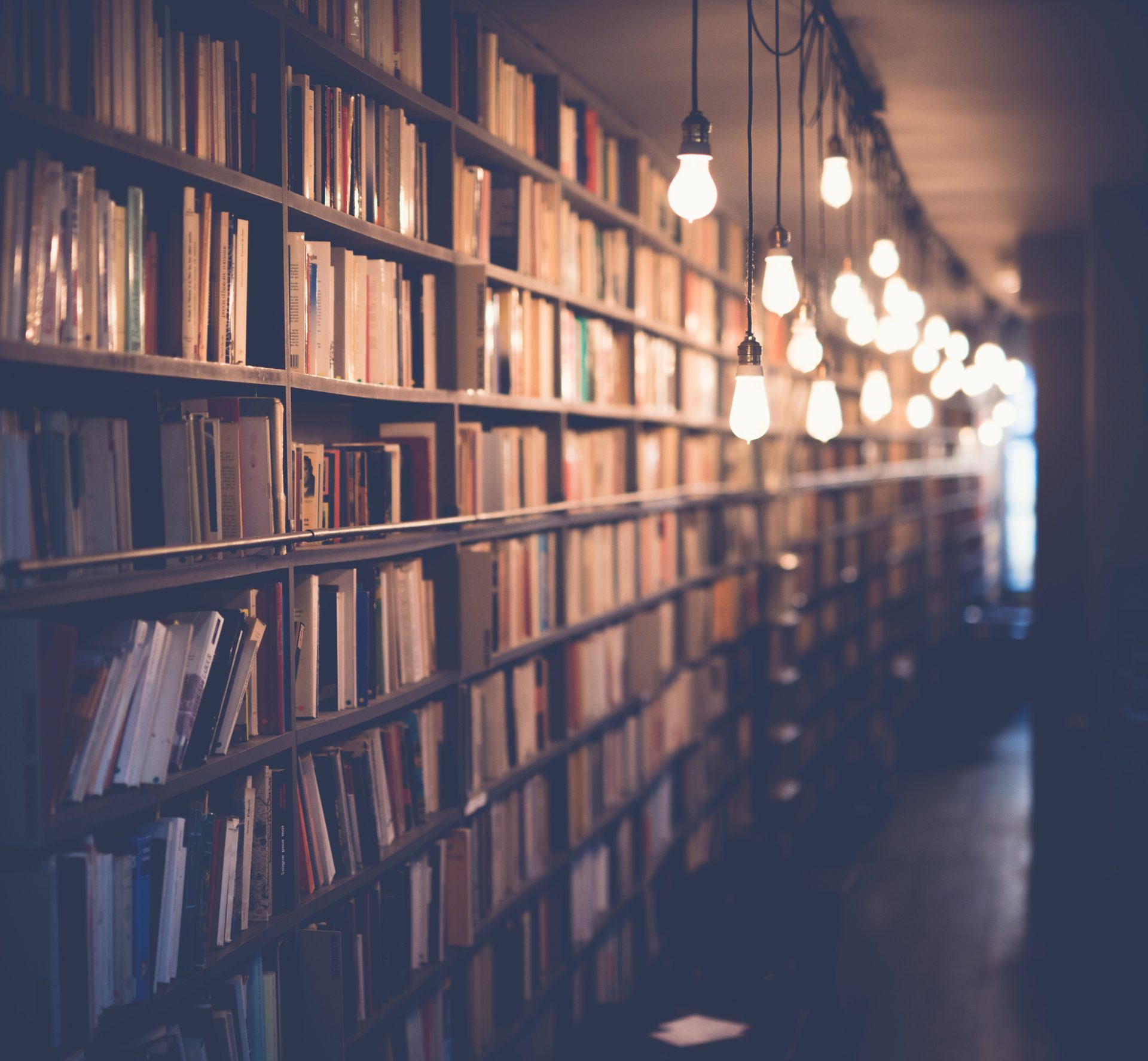It was bound to happen. First the straights came for our bars with their bachelorette parties, monopolizing the attention of our favorite hunky bartenders. Then they came for our neighborhoods, moving in because previously awful, centrally located streets had been slowly gentrified by the creative touch of LGBTQ residents. Now, are they coming for our literature?

During the past year of Covid confinement with stay at home restrictions across not only the United States but around the world, there has been an upsurge in reading. Book sales are up in the United Kingdom (hitting record sales), and in the U.S. book industry experts report that sales were up 6% per Publishers Weekly. Predictably, with many book stores having to close or limit access, there has been a rise in digital downloads for books onto tablets.
French gay magazine Têtu reports that in France, there has been not only an increase in all of these trends, but also a surprising interest by mainstream publishers and the reading public for queer literature. Not just in titles by heterosexual authors with LGBTQ stories (for example, Andre Aciman’s “Call Me By Your Name”), or even by LGBTQ authors with mainstream, hetero-normative characters and crossover appeal (such as David Sedaris) which has been the usual gateway into the larger culture.
In France the sales for the collected essays on feminism by lesbian author and Ecologist Party Paris city council person Alice Coffin (“Génie lesbie” published by Grasset publishing) were among the top sellers in 2020, with industry tracker Edistat placing her bestseller in the top ten for the year.
Additionally the book by trans philosopher Paul B. Preciado (“Je suis un monstre qui vous parle” by Grasset publishing) was in the top 50 for non-fiction works.

The trend in publishing autofiction (fictionalized memoirs or true stories that have been altered by the author) as well as the rise in “our stories” (minority and under-represented voices writing about their experiences) are a kind of perfect storm for marginalized writers. Other emerging authors who have found a wider audience include those who are writing about the otherness of existing as a minority within a minority. Muslim lesbian writer Fatima Daas (“La Petite dernière” by Notabilia publishing) has garnered well deserved attention, winning several awards and gracing the cover of mainstream news magazines.
Ultimately what drives mainstream readers, just as what drove straight people into our newly gentrified neighborhoods and our trendy bars, is quality. As Jean Mattern, a French gay author and publisher, is quoted as saying in Têtu, “Today there is more fluidity within the reading public, with less barriers. If the writing is convincing and touches on something that is universal, I would say that a gay story no longer has any obstacles to be published.”
What LGBTQ+ literature are you reading now, or read during COVID? Let us know!

Sources: Têtu, The Guardian, ABC7News, Fortune,

